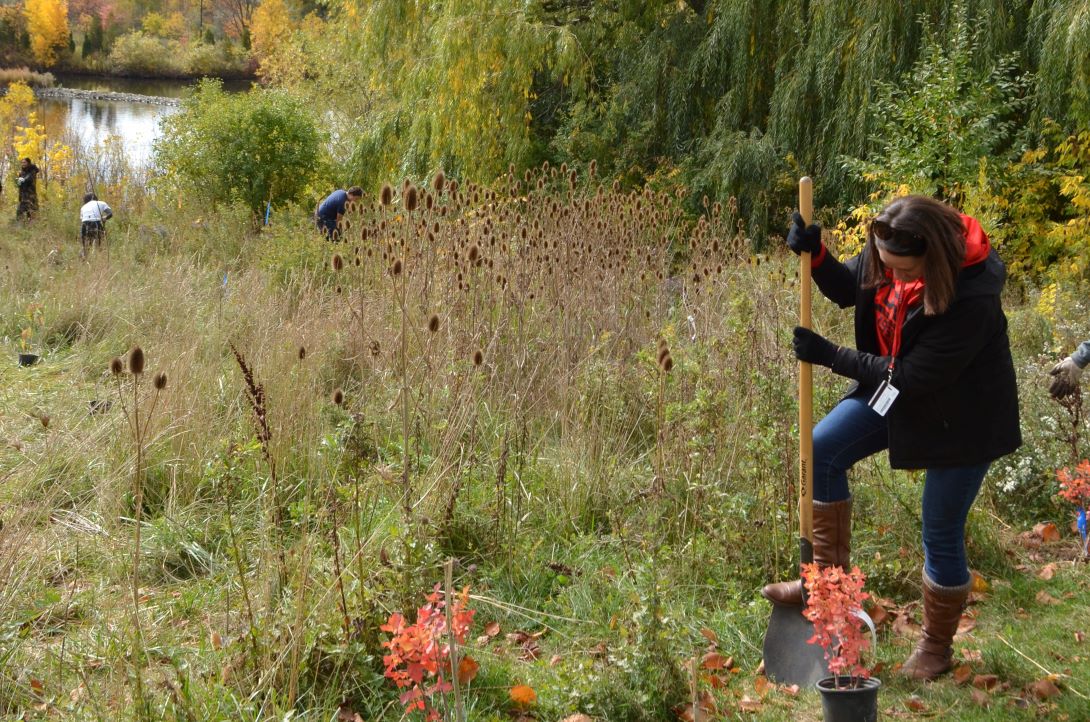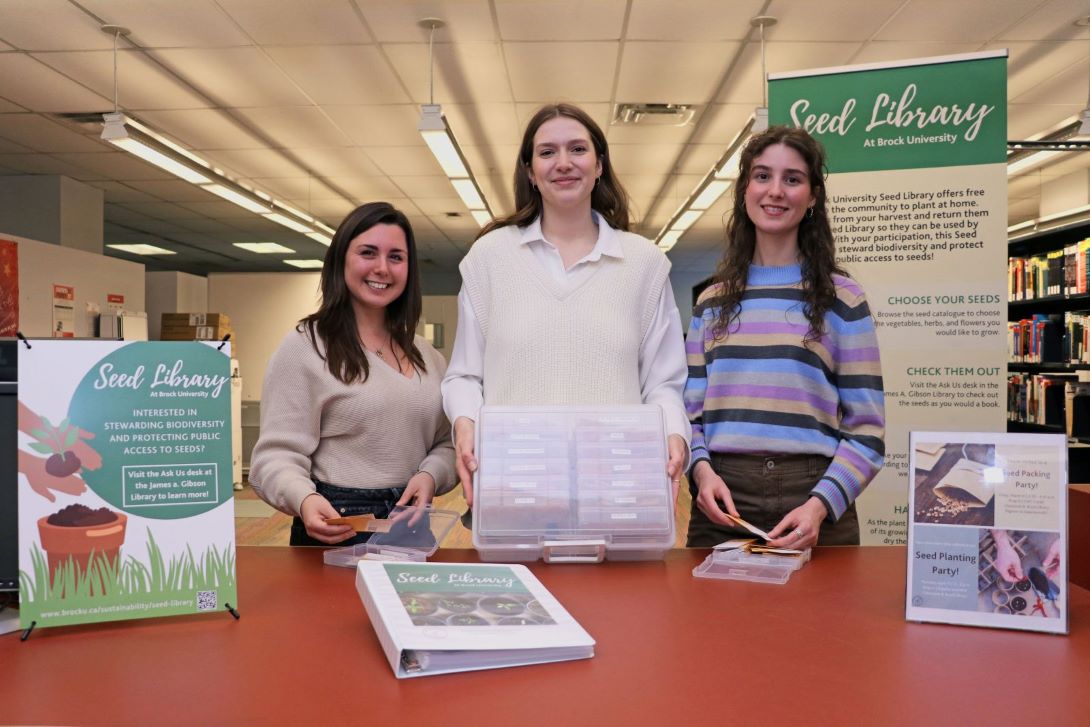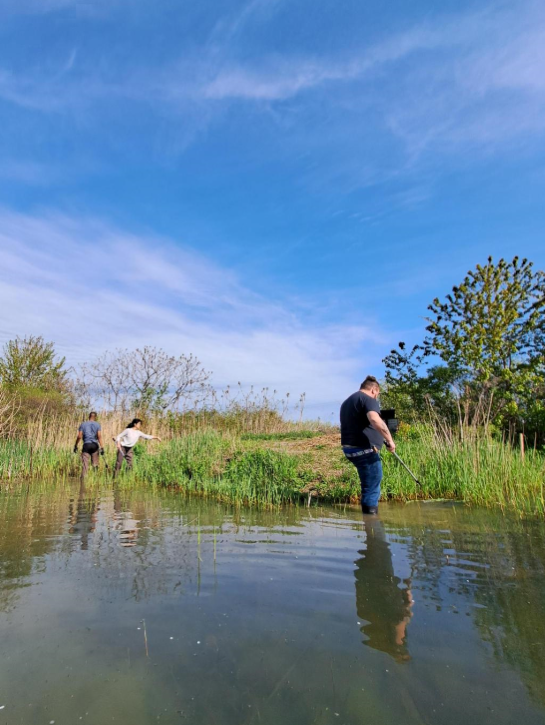WWF’s new ‘Living Campus’ certification celebrates post-secondary conservation and sustainability
To assist post-secondary students, staff and faculty in taking action to address climate change and biodiversity loss, WWF-Canada launched Living Planet @ Campus back in 2017. Now, the program’s new “Living Campus” certification is growing this collaboration with educational institutions across the country even more.

Supporting these dedicated university, college and polytechnic communities — who all understood the assignment when it comes to driving results for nature — has been an honour for the Living Planet @ Campus team.
So, with partnership such an important aspect of this program from the beginning — campus partners work with WWF-Canada experts and resources to achieve shared conservation and community engagement priorities — we introduced the “Living Campus” certification last year to give their incredible efforts more recognition.

Now, we’re excited to celebrate the first-ever cohort of nine institutions to receive this certification: Brock University, Carleton University, Concordia University, HEC Montréal, Niagara College, Seneca Polytechnic, University of Waterloo, Vanier College and York University.
“It’s a pleasure to be acknowledging the accomplishments of college, polytechnic and university partners with our new certification,” says Elizabeth Hendriks, WWF-Canada’s VP of Restoration and Regeneration. “We’re proud to recognize their successes in engaging campus communities in conservation action and education, which have benefits for wildlife today and are helping create a future where nature and people thrive.”
The nine newly certified campuses implemented a range of conservation and engagement activities throughout the 2023 – 2024 academic year to successfully meet the criteria. Requirements included creating, restoring or stewarding habitat for wildlife on campus and increasing awareness of biodiversity, conservation or sustainability issues among students, staff and faculty.

Sustainability leaders at these campuses seized the challenge with creativity and enthusiasm: Brock University operated a seed library that enables community members to share seeds; Concordia University maintained no-mow zones to create wildlife habitat; and Niagara College removed invasive Phragmites reeds from a campus waterway, to name just a few examples.
“The wonderful news that Vanier College has been named a WWF-Canada Living Campus for the 2023 — 2024 academic year gives us further strength and momentum to continue our efforts on campus and in the community to help reverse biodiversity loss,” shared Katherine Collin, Sustainability Major Coordinator, Campus Biodiversity Network Project Lead and Teacher at the college.
“Our engagement and conservation activities have already had a demonstrable impact, increasing our habitat protections on campus for endangered species and giving hundreds of students the chance to document the biodiversity around them, making a tangible difference in the community. We are excited to continue this work in coming years, bolstered by WWF-Canada’s inspiring community of practice.”
Interested in pursuing certification at your campus?
To earn the WWF-Canada Living Campus certification, your campus must first partner with WWF-Canada through our Living Planet @ Campus program, implement an annual action plan, and report annually on your activities and achievements that engage students, faculty and staff in conservation and sustainability. To learn more about the requirements, please visit our Living Campus certification page.
